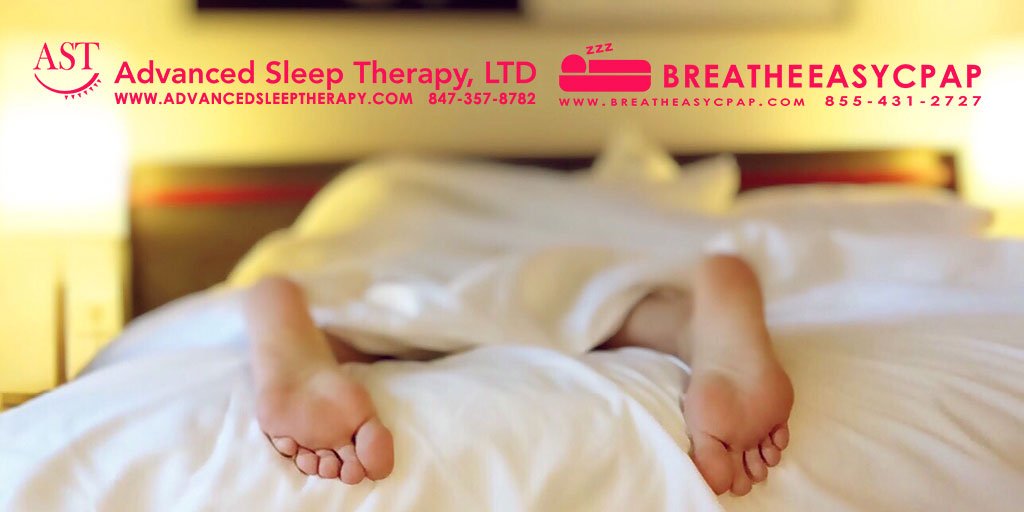A Sleepless Nation 70 Million Strong
A new report by the National Academies Institute of Medicine shows that between 50 and 70 million Americans struggle with chronic sleep problems. And according to the United States Surgeon General, sleep deprivation and disorders cost the nation $15 billion in health care expenses and $50 billion in lost productivity each year.
A lack of sleep can take a toll both psychologically and physically, from daytime sleepiness to weakened immune systems. In addition, long-term sleep deprivation leads to problems that can include memory lapses, depression, irritability, and impaired work performance.
To win the battle over sleepless nights, many Americans turn to medication. In 2005, 42 million prescriptions for sleeping pills were filled. In addition, an analysis by Medco Health Solutions, Inc. found that the number of adults ages 20 to 44 using sleeping medications rose 128 percent between 2000 and 2005 and was up 114 percent among 10 to 19-year-olds in that same period.
Insomnia is the most common sleep disorder, affecting between 30 and 40 percent of adults within a given year. Other sleep disorders include sleep apnea- a temporary suspension of breathing that occurs throughout the night- and restless leg syndrome, characterized by intense discomfort, mostly felt in the legs when at rest. One of the first steps to relieving sleep problems is to talk to your doctor or pharmacist about it.
Here are some tips for insomniacs:
Keep to a regular sleep schedule: Go to sleep and wake up at about the same time each day, even on weekends.
Exercise regularly: Exercise done early in the day can reduce stress and help put you to sleep at night.
Watch what you eat and drink: Avoid alcohol, caffeine, and meals close to bedtime, but a cup of warm milk can help make you sleepy.
Unplug: This is particularly important for teens with sleep problems. Ensure the bedroom is free of computers, video games, TVs, and phones.
Sleep troubles can be a symptom of a physical or psychological condition that requires treatment, so it’s essential to see your doctor if your sleep problem persists. Your physician may recommend behavioral therapy and possible drug treatments for severe sleep disorders, depending on the diagnosis. Medications include both over-the-counter and prescription drugs called hypnotics. Drug therapy is usually only recommended for short-term use. A combination of medication and behavioral interventions is often more effective than either approach alone for those with chronic insomnia.
As many as one in four Americans report trouble sleeping.
Please consult your physician if you are having trouble sleeping.
The Dream Team at ADVANCEDSLEEPTHERAPY.COM consists of Respiratory Practitioners, RN Nurse Clinician and a Home Medical Equipment Specialist. They will assist you in starting with the proper CPAP equipment right in the comfort of your home and then provide ongoing monitoring to your doctor.
 Advanced Sleep Therapy, located in Arlington Heights, has served Chicagoland for over 15 years. Their knowledge and experience in CPAP machines, CPAP humidifiers, CPAP masks, CPAP headgear, and CPAP cleaning accessories are outstanding.
Advanced Sleep Therapy, located in Arlington Heights, has served Chicagoland for over 15 years. Their knowledge and experience in CPAP machines, CPAP humidifiers, CPAP masks, CPAP headgear, and CPAP cleaning accessories are outstanding.
Advanced Sleep Therapy is a JCAHO Gold Seal Certified provider.
Don’t have insurance? No worries, you can always order online from our sister company BREATHEASYCPAP.COM. Breathe Easy CPAP is proud to offer a complete line of CPAP machines, CPAP humidifiers, CPAP masks, CPAP headgear, and all cleaning and CPAP accessories.

